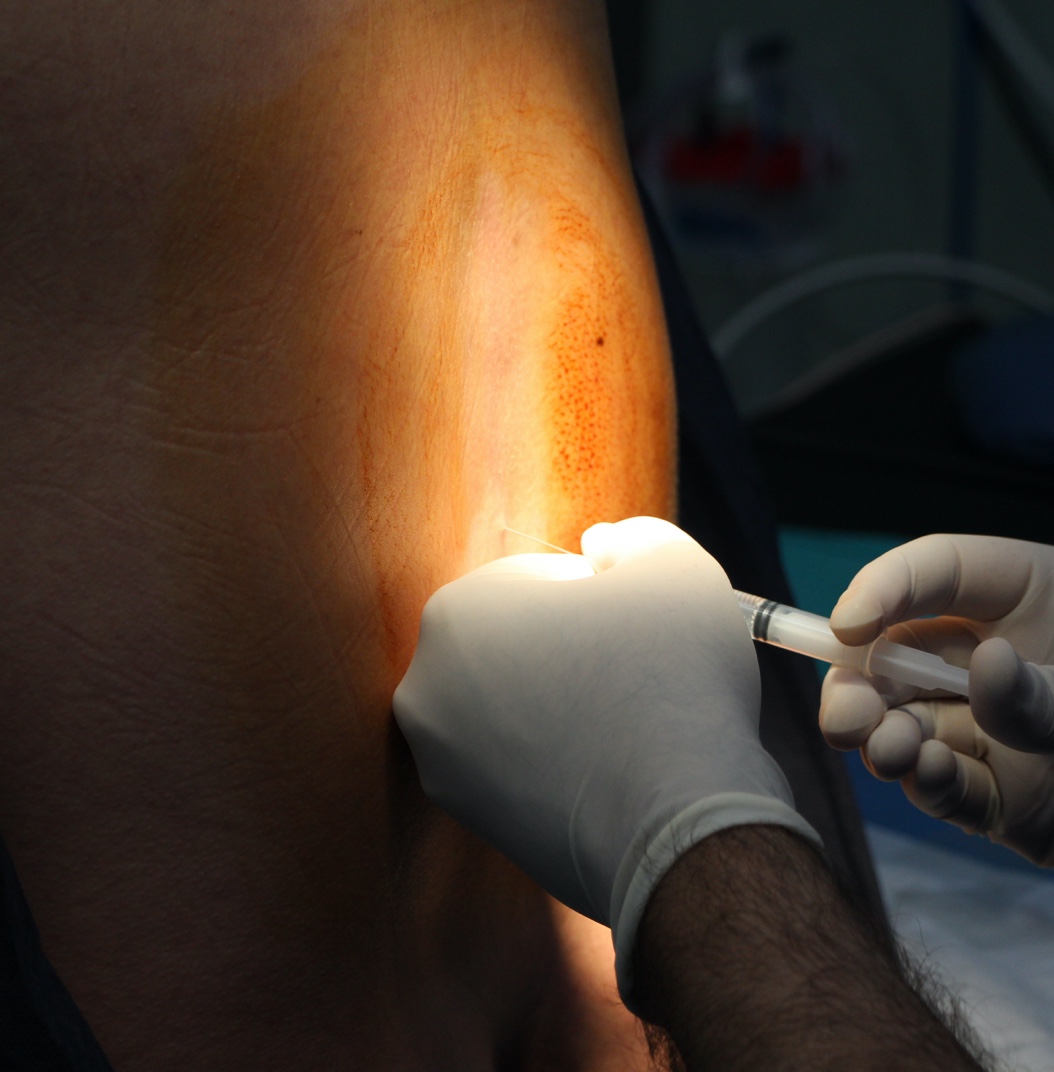
Once upon a time I was a 13-year old peanut vendor at Yankee Stadium; which helped me grow into the person I am today. I am a Diplomate of the American Board of Psychiatry and Neurology; Board certified by the American Board of Psychiatry and Neurology, in Adult Neurology with special qualification in Child Neurology; Board certified by the American Board of Psychiatry and Neurology, in Brain Injury Medicine; and a Neurohospitalist and Neurointensivist at Bayhealth, Delaware. I am a die hard Yankee fan!
Regarding Joon Lee’s article, dated 9/06/2022, Anthony Rizzo’s recent epidural injection (“New York Yankees put Anthony Rizzo on IL…,”) is emblematic of a far wider ranging problem. Epidural injections have been widely used both in and out of major league sports for many decades. While the equipment used by players has evolved; amazingly, the equipment used by doctors has remained unchanged for over 100 years. I am writing with the intention of enhancing knowledge on epidural injections and technology. Rizzo’s epidural procedure involved inserting a large needle into the space between the bones and the lining that holds fluid and the spinal cord in the lower back. The needle and catheter (or tube) then delivers anesthetic or medication to block pain. Unfortunately, in Rizzo’s case the needle advanced deeper than intended and punctured the spinal membranes and caused a large leak of spinal fluid which caused his headache. This is also known as a “wet tap” or “dural puncture headache”.
As a neuro-hospitalist over the past forty years, I have seen too many cases of inadvertent needle placement resulting in these types of complications, and worse. The medical community has known for many years that epidural injection complications, including the devastating dural puncture that happened to Rizzo, are significantly underreported. The medical community is also well aware of the significant and debilitating headache an inadvertent dural puncture can cause. Tracie White’s publication in Scope, August 2, 2021, published by Stanford Medicine, titled: “Post epidural headaches can be more serious than previously known” discusses the importance of proper informed consent due to the potentially life complications that may be life altering complications, such as Rizzo suffered. The article relates the sobering statistic that 22% of epidural punctures result in unintentional dural punctures; and after two months 74% of those patients complain of debilitating headaches and at even six months after the procedure 56% of them continue to suffer from debilitating headaches. Stanford physician, Jessica Ansari, M.D., lead author of the study, notes “… there is some concern that the headaches could be chronic.”
Most patients, including the thousands of women given epidural injections during childbirth each day are not major league players and their stories do not garner national attention. Did Rizzo and Yankee management understand the risks and high complication rate of using the same blind technique that has not advanced since the 1920’s, utilizing a manual syringe developed 160 years ago? Computer assisted technology is now the mainstream of state of the art medicine. We have CT scans, MRI, electronic blood pressure cuffs, electronic thermometers, etc… Fortunately we have computer assisted epidural devices (Milestone Scientific CompuFlo). Technology now gives the physician objective identification and confirmation of the epidural space in real time, 100% of the time, and avoids unnecessary dural punctures and the potentially devastating results. Unfortunately, continued reliance upon the “feel” of a thumb on a syringe developed 160 years ago is still widely used resulting in unnecessary and severe complications, as we see with Rizzo. This could have easily been avoided with new technology.
The time it is taking for basic advancement to patient safety through proven technology to trickle down is simply too long to be acceptable. How many more life changing and potentially career ending epidural complications will need to occur before improving patient care for all becomes the priority?
Abraham Scheer, M.D.
Diplomate of the American Board of Psychiatry and Neurology
Board certified by the American Board of Psychiatry and Neurology, in Adult Neurology with special qualification in Child Neurology
Board certified by the American Board of Psychiatry and Neurology, in Brain Injury Medicine
Neurohospitalist /Neurointensivist, Bayhealth, Delaware